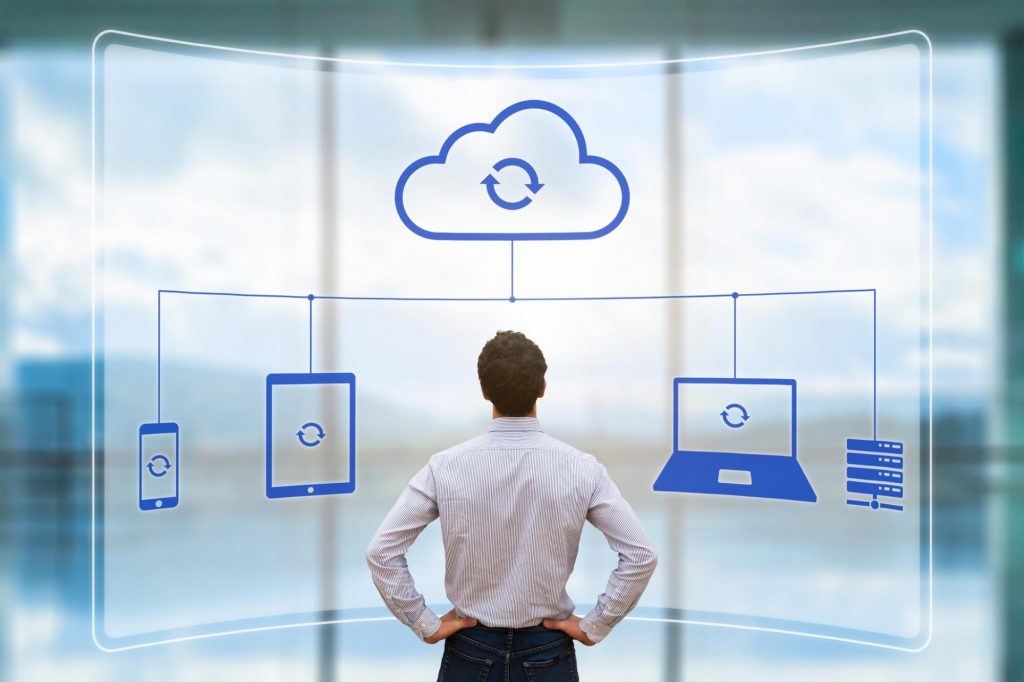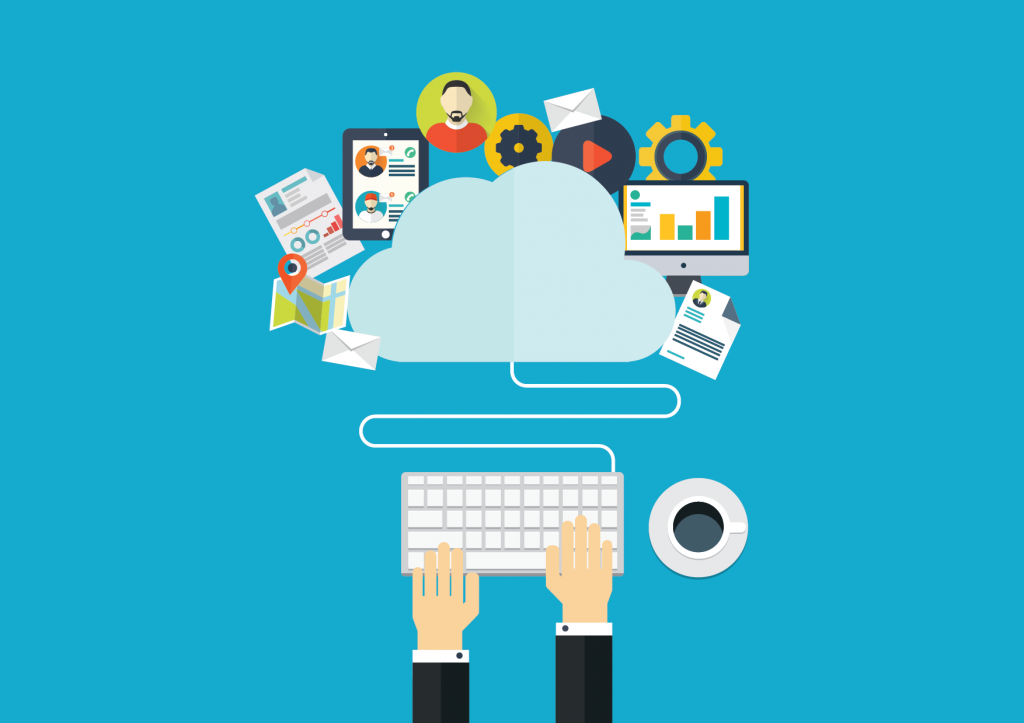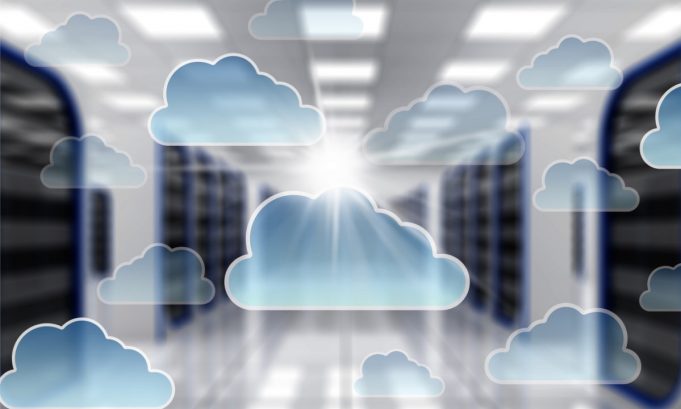Today’s organization is heavily dependent on data. Some experts have gone as far as arguing that data is the new oil. Think about the customer, employee, vendor, and shareholder information that the average enterprise holds. Worse still, this information is growing in volume and complexity every day.
If this data is abruptly lost or corrupted, it can severely impair the ability of the business to function. Some corporations may even have to close their doors for good. According to NAKIVO Backup & Replication, that’s why every company needs to have a backup of their systems and data. These would be called upon whenever the data in the production is unavailable or unusable.
Why Cloud Backup

Having a backup is important. But a cloud-based backup is even better. The cloud is a great platform for consolidating the monitoring and management of data backup and recovery. It provides scalability, savings, security, customization, and compliance in a way that’s harder to realize with an on-premises configuration. If disaster strikes, it’s much easier to recover via the cloud.
Minimal physical technology infrastructure is needed on location to get things going since the most important thing is an internet connection. Ergo, it’s easy to sell the business case for cloud backup to both tech and non-tech decision-makers. Let’s take a closer look at the characteristics that make cloud-based backup such a compelling proposition and therefore, a lucrative business opportunity for sellers of cloud backup solutions (become an online backup reseller, see more on KeepItSafe.com).
Simplicity
Traditional backup regimes are arduous and time-consuming. The IT team would backup data to tapes, disks, or external hard drives which would then have to be physically carted off to a remote location. This lengthy process with multiple handoffs between premises and persons is prone to error.
For example, if someone in IT decides to hold onto the backup tapes for several days so they can take all of them to the off-site location at one go, this fresh data could be lost if a fire or other catastrophic incident struck the production environment.
The cloud provides a simpler, a more manageable and less error-prone mechanism for data backup. Everything happens online and is automated, so even the degree of human intervention is minimal. No need to worry about IT staff forgetting to do what they are supposed to.
High Availability

We all hope that neither we nor our workplaces will ever be impacted by a major disaster. But no one can foresee the future. So what’s most important is the ability to recover quickly when disaster does strike. When your services go offline following a disaster, your customers, shareholders, and suppliers are keeping a close watch to see how long it will take for you to get back on your feet.
With each passing hour and day that your services are unavailable grows the likelihood of your customers switching to a more reliable competitor. Customers may understand and tolerate a couple of minutes or perhaps an hour or two of downtime. Beyond that, many will perceive your business as ill-prepared and lacking foresight, something that endangers the very security of the data they’ve shared with you. Cloud backups have high availability and ensure a swift recovery.
Scalability
There’s hardly any organization that experiences a reduction in the amount of data it possesses. Rather, many see an exponential growth of information that regularly pushes the capacity of their backup systems to their limits. Keeping up with such growth can quickly become prohibitively expensive.
On the one hand, under-investing in backup capacity could grind your backup process to a halt. On the other, buying too much capacity isn’t financially prudent as there’s no guarantee that you’ll eventually exhaust it. Cloud backups provide the best of both worlds. You pay for what you need and can scale it almost infinitely as your needs grow. Whenever your backup requirements approach the ceiling of your current plan, you can upgrade in a matter of minutes.
Affordability

Cloud computing usually follows a pay-as-you-go (PAYG) pricing model. You only pay for what you need. Acquiring hardware can be costly. Many large corporations have technology budgets that run into at least tens of millions of dollars.
By leveraging economies of scale and sharing the cost of the service between multiple clients, cloud-based backup solutions can drastically slash what companies spend upfront on technology. With cloud backup, budding startups can access the same quality of infrastructure as billion-dollar corporations.
It’s not always easy to predict the next big thing in tech, but providing and selling cloud backup has all the signs of delivering a lucrative return for people who choose to invest in it.









